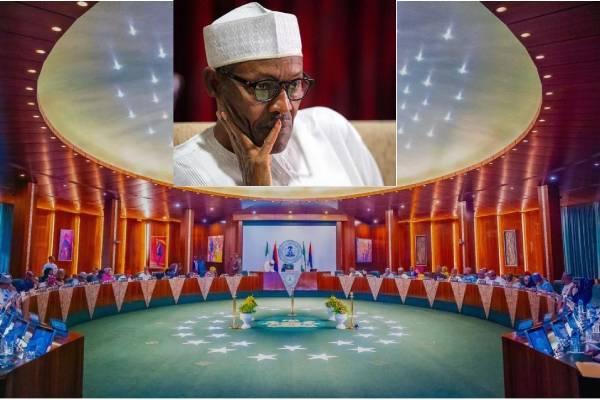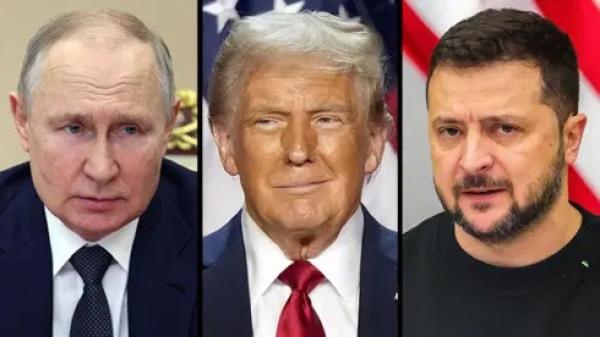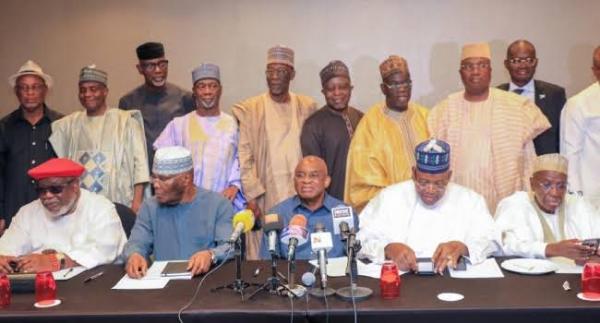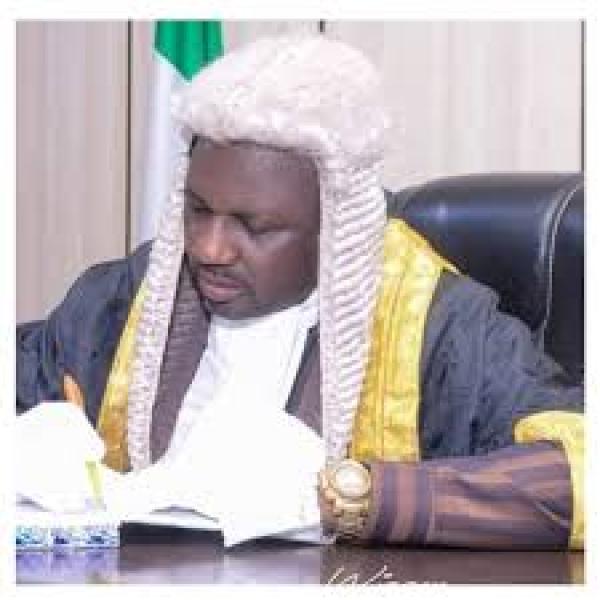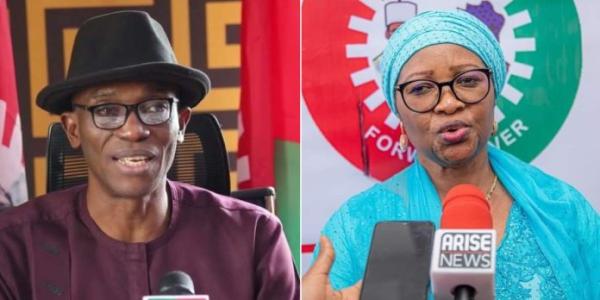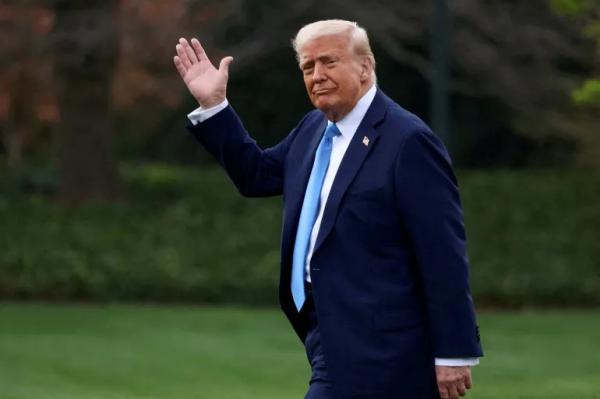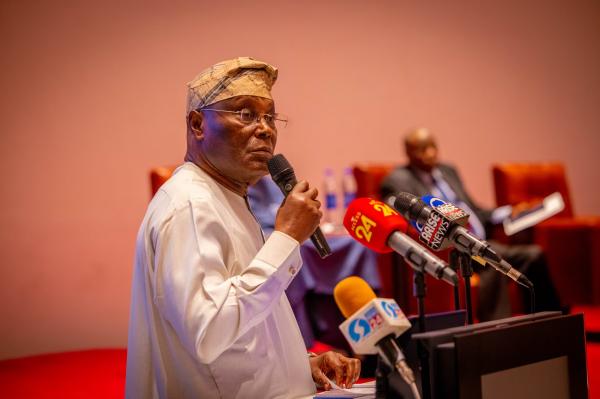
The presidential candidate of the Peoples Democratic Party (PDP), Atiku Abubakar, on Sunday said having met Governor Nyesom Wike of Rivers State, several times, he is now waiting to hear from him concerning the way forward in the ongoing crisis in the party.
The former Vice President and his running mate, Governor Ifeanyi Okowa, fielded questions at live television Town Hall organised by Channels Television and monitored by the Nigerian Tribune in Abuja.
Asked why he has been unable to meet with the leader of the G5 governors despite his wealth of experience, he said: “I have met Wike two times in Port Harcourt, two times in Abuja, one time in London personally. It’s not on my part. It’s on the other side. I’m waiting for him.”
Atiku revealed that he drafted the policy that led to the setting up of the Amnesty Programme that ended militancy in the Niger Delta.
He said he had commissioned some experts in 2007 to help him find solutions to the problem when he wanted to run for the presidency.
But when he could not get the presidential ticket, he handed the policy to the late Umaru Musa Yar’Adua who became the president under the PDP.
Recall that Yar’Adua implemented the Amnesty Programme that brought the years of restiveness in the region to an end.
Citing the condition of the East-West Road, he lambasted the Ministry of Niger Delta Affairs for its inability to live up to expectations despite the huge resources available to it over the years.
The main opposition party flag bearer said he will negotiate with the Indigenous Peoples of Biafra (IPOB) on the group’s agitation for Biafra as he believes that what they desire is autonomy which he said can be achieved within the framework of his restructuring and power devolution agenda.
He said: “The IPOB issue in the Southeast basically as far as am concerned is about the realization of Biafra. Is it possible for Biafra to be realized today? How? By negotiations of by going through another civil war which will can’t afford to?
“So, I believe we should be able to negotiate with the agitators from the Southeast as far as the issue of Biafra is concerned.
“We believe what they need is more autonomy as far as their sub-region is concerned. That is why we proposed restructuring of the country.”
The former Vice President recalled that autonomous regions in the first republic did well but reminded the secessionist agitators that they cannot achieve power without reaching out to the rest of the country.
Atiku remarked that he will tackle insecurity by adopting the United Arab Emirates (UAE) model, using technology to monitor potential law breakers in the long run.
But in tackling the menace in the shorter term, he said his administration will adopt a two pronged approach of reforming the security sector and ensuring good governance.
While noting that he will not scrap security vote, he stressed the need for accountability in the application of the funds, which he said is currently being abused at various levels of government.
On Boko Haram, he said he is puzzled that the insurgents continued to survive as according to him, as a person familiar with the topography of the Northeast, he could not see where it is possible for the criminals to hide.
He alleged that the insurgency issue has attracted everything including business and politics, saying that it will require a strong leadership and governance issue to put it to rest.
On economy, Atiku examined the Social Investment Programme (SIP) of the present administration and concluded that its components such as Trader Moni are unsustainable because the initiative is not institutionalised.
He observed that the programme became a political tool for the interest of the government in power, saying that rather than get the Vice President or Minister of Humanitarian Affairs to share the money, the process should be incorporated in the governance system.
He criticized the multiple exchange rate of the Naira obtainable in the country, describing it as corrupt.
Atiku added that unless it is abolished, there can be no realistic value for the nation’s currency
He also reiterated that his administration will remove petrol subsidy and engage with stakeholders on how to ameliorate its effects.












